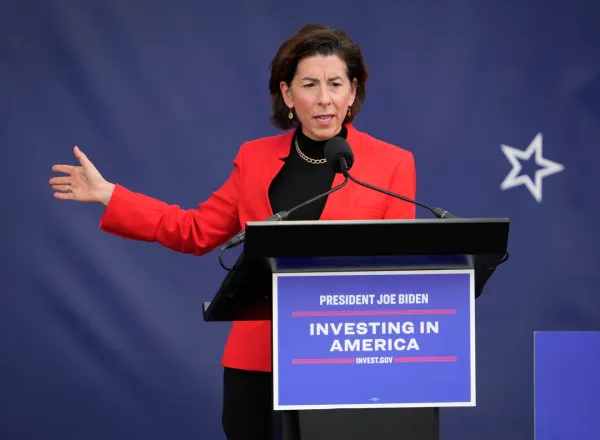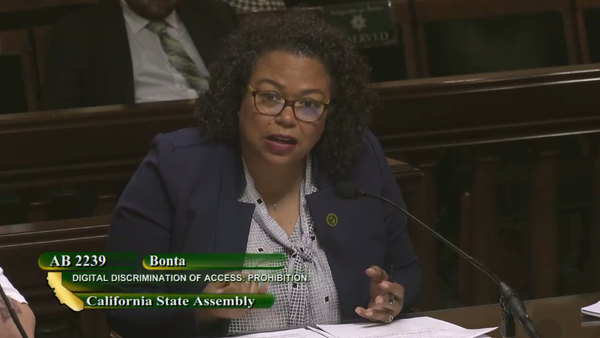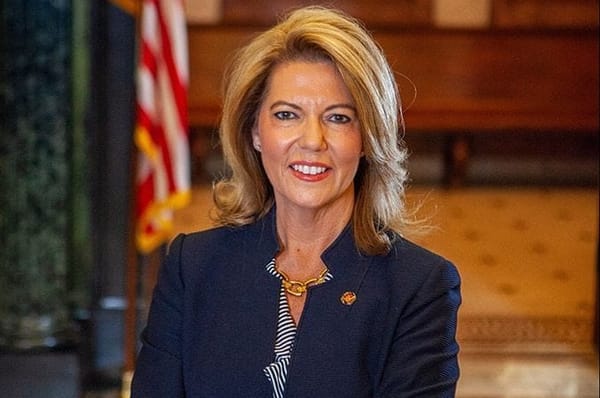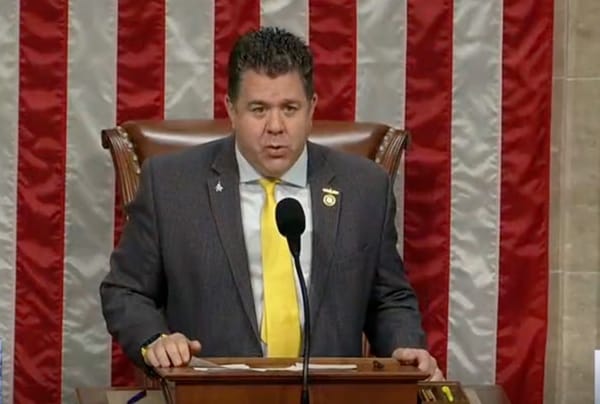Former FCC Commissioners Reflect on Changes Since 1996 Telecommunications Act
February 9, 2021 – As 2021 marks the 25-yearanniversary of the Telecommunications Act, former Federal Communications Commissioners Mike O’Rielly and Harold Furchtgott-Roth reminisced Monday on their time in Congress as staff members when the law was passed. The Hudson Institute hosted the conversati
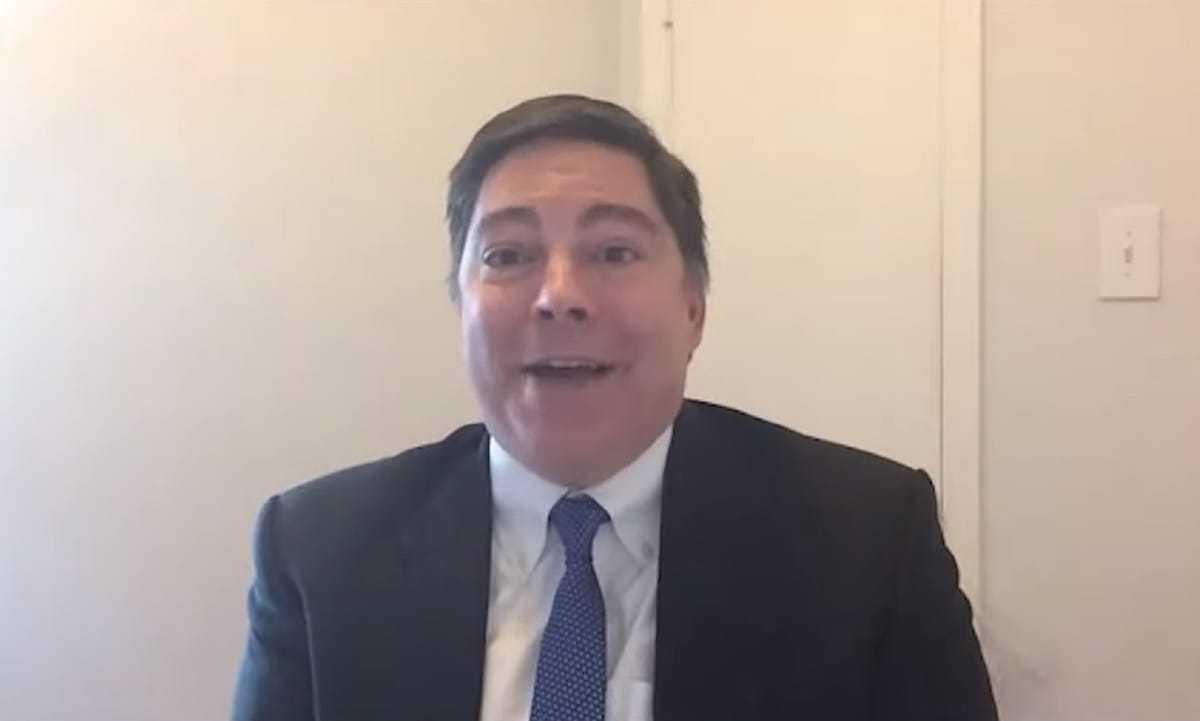
February 9, 2021 – As 2021 marks the 25-yearanniversary of the Telecommunications Act, former Federal Communications Commissioners Mike O’Rielly and Harold Furchtgott-Roth reminisced Monday on their time in Congress as staff members when the law was passed. The Hudson Institute hosted the conversation.
The Telecommunications Act was the first major update to telecommunications law since 1934, and the two former commissioners reflected onhow much the internet has shifted the focus of technology legislation.
O’Rielly said the “heart of the legislation” was looking at local and long-distance telephone company markets and opening them to more competition, but “no one knew at the time that the internet would go in a different direction,” he said.
“No one really figured out at the time what was going to happen as broadband and online technology would take over from circuit-switch technologies,” agreed Furchtgott-Roth.
“These markets that we thought were so important back in 1996, long-distance services, they don’t exist anymore,” he said. “Technology has changed and provided a different and a superior form of competition than the [Act] could have ever imagined,” he said.
Four of the biggest tech companies today—Amazon, Google, Facebook, Tesla—didn’t even exist 25 years ago, Furchtgott-Roth said, using them as examples of how much technology and the market has changed. “All of which have a very active role directly or indirectly in the communication space,” he said.
The two also expressed surprise at how prominent some of the law’s provisions have become, and how rarely the FCC uses other provisions.
O’Rielly said that even though the preamble to the law was written as a description and had no legal merit, that language “has been abused” by courts and by the FCC even though, in his view, the preamble is “something that has no statutory weight.”
Section 230 a new focus for concern
In recent months Section 230 of the Act, which grants immunity to online platforms for content provided by their users, has become a major conversation for Congress and in public discourse, due to controversial topics like the election, COVID-19, and the U.S. Capitol riot on January 6, which led to Donald Trump’s ban from Twitter and Facebook, and the shutting down of Parler, a conservative-led competitor to Twitter.

“Everyone agrees that Section 230 is worthy of review or some type of reform, but they come from different perspectives,” O’Rielly said. Republicans and conservatives are worried about censorship on the online platforms, while Democrats on the other side are worried about the spread of misinformation without any correction or policing, he said. “Those two things make it really hard to find a middle ground, even if everyone agrees on the overall premise of some type of reform,” he said.
Furchtgott-Roth mentioned two parts of the Act that he thought would have been used more often. First, the forbearance clause from Section 10, which gives the FCC the option to not enforce parts of the Act if certain conditions are met by entities. Second, regulatory review from section 11, which allows the FCC to review its own rules.
On being questioned about reforming the Telecommunications Act, O’Rielly said that Congress needs to be forward thinking, not constantly fixing previous legislation, and that they need to be specific in their statutes for what they want and do not want federal agencies to do.
The anniversary also received praise from members of Congress and industry groups on Monday. Rep. Anna Eshoo, D-Calif, and Sen. Ed Markey, D-Mass and co-author of the Act, said Congress must revisit the law to bring up-to-speed demands for better broadband.
Meanwhile, FirstLight Fiber CEO Kurt Van Wagenen and Incompas CEO Chip Pickering suggested the new-look White House and Federal Communications Commission make broadband deployment a top agenda item to usher in connectivity in underserved areas.


